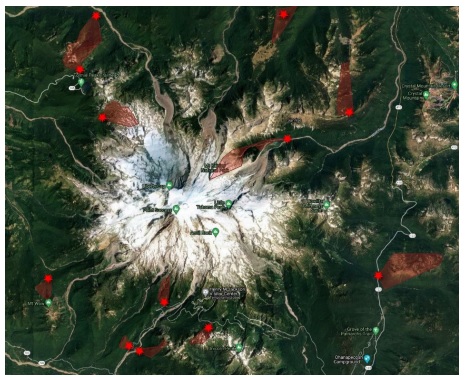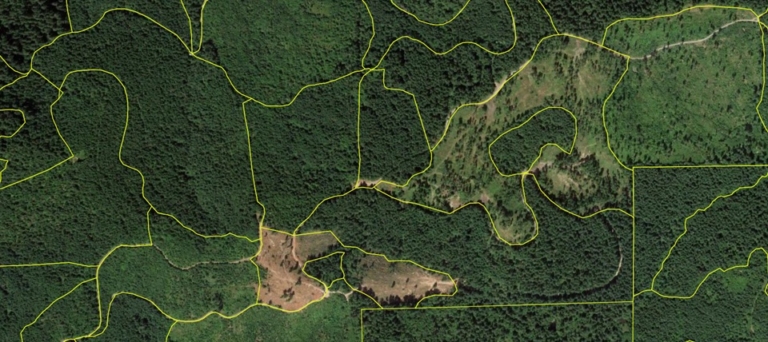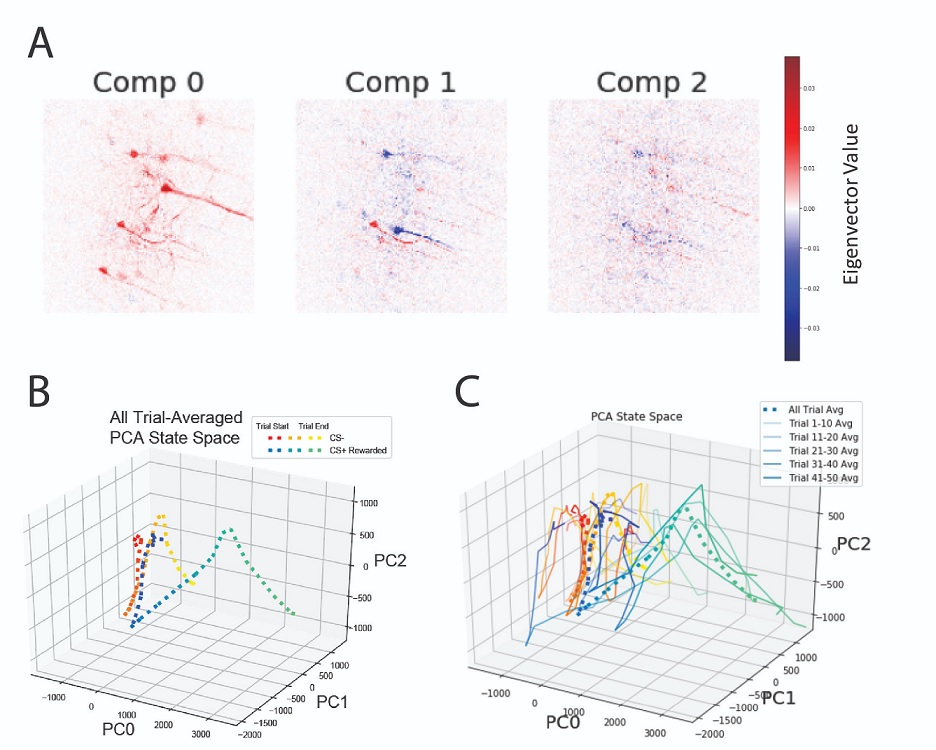Category: Incubator Project
-
Machine-learning-based detection of offshore earthquakes

Project Lead: Zoe Krauss, School of Oceanography, College of the Environment eScience Liaison: Scott Henderson The fault zones that cause the most devastating earthquakes and tsunamis on Earth lie beneath our oceans, but offshore seismic observations are severely limited by a lack of instrumentation and noisy data. To fully understand Earth’s geodynamics and the hazard that…
-
Using Social Media to Model Backcountry Use in Rainier National Park

Project Lead: Gabe Wisswaesser, School of Environmental & Forest Sciences eScience Liaison: Spencer Wood As public land use increases, accurate visitation numbers are paramount to managers and researchers interested in mitigating and understanding anthropogenic effects. Alpine water quality, as of late, has been under exceptionally high pressure because human waste mitigation is not keeping up with…
-
Detecting Wildflowers in Spectral Imagery

Project Lead: Aji John, Department of Biology eScience Liaison: Nicoleta Cristea and Amanda Tan Alpine wildflowers are integral part of montane ecosystems; they provide a wide variety of ecosystem services like pollination, and nutrient recycling. Numerous studies have found that these wildflower species are sensitive to climate warming as their flowering phenology (development stage) is strongly related to…
-
Climate Adaptation for Future Maize – Novel Plant Traits and New Management

Project Lead: Jennifer Hsiao, Department of Biology eScience Liaison: Bryna Hazelton Over the next three decades rising population and changing dietary preferences are expected to increase food demand by 25–75%. At the same time climate is also changing — with potentially drastic impacts on food production. Breeding for new crop characteristics and adjusting management practices have…
-
Learning to See the Forest and the Trees: Using Computer Vision to Make Forest Stewardship More Accessible

Project Lead: David Diaz, School of Environmental & Forest Sciences Engineering Postdoctoral Fellow eScience Liaison: Valentina Staneva Maps that delineate and classify forest conditions remain indispensable prerequisites for forest stewardship planning. By developing new reproducible and open-source methods to automate forest mapping, our effort is designed to facilitate conservation and management planning among the 40,000+ non-industrial…
-
Dry Thunderstorm Forecast Using Machine Learning Techniques

Project Lead: Wei-Yi Cheng, Department of Atmospheric Sciences eScience Liaison: Scott Henderson Dry thunderstorms (DT) are convective storms that generate lightning flashes without significant rainfall at the ground. The frequent occurrence of DTs has long been an important safety concern in the western United States due to its connection to wildfire events. An accurate forecast for…
-
The Universe of International Treaties
Project Lead: Bree Bang-Jensen, Department of Political Science eScience Liaison: Jose Hernandez and Spencer Wood The greatest challenges of the 21st century are cross-national, including climate change, migration, epidemics, inequality and financial corruption. As a result, it is critical that we better understand the factors that endanger international cooperation. Despite a wealth of research on how the design of…
-
Using Gliders to Observe Submesoscale Flows

Project Lead: Dhruv Balwada, School of Oceanography, College of the Environment eScience Liaison: Rob Fatland and Scott Henderson Since the industrial revolution 25-30% of the human-created carbon and 90% of the excess heat in the earth system has been sequestered into the deep ocean. These tracers (like heat, carbon and oxygen) are transported from the surface into the…
-
Data analytics for demixing and decoding patterns of population neural activity underlying addiction behavior

Project Lead: Charles Zhou, Anesthesiology & Pain Medicine Staff Scientist eScience Liaison: Ariel Rokem In 2017, 1.7 million people in the United States reported addiction to opioid pain relievers (Center for behavioral Health Statistics and Quality, 2017) while 47,000 individuals died from opioid overdose (CDC, 2018). Understanding the mechanisms of substance use disorders and developing…
-
Developing a relational database for acoustic detections and locations of baleen whales in the Northeast Pacific Ocean

Project Lead: Rose Hilmo, UW School of Oceanography PhD Candidate eScience Liaison: Joseph Hellerstein The health and recovery of whale populations is a major concern in ocean ecosystems. This project is about using data science to improve the monitoring of whale populations, an ongoing area of research in ocean ecology. Our focus is acoustic monitoring,…
